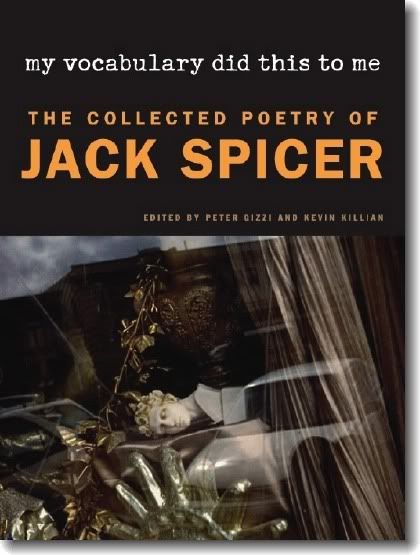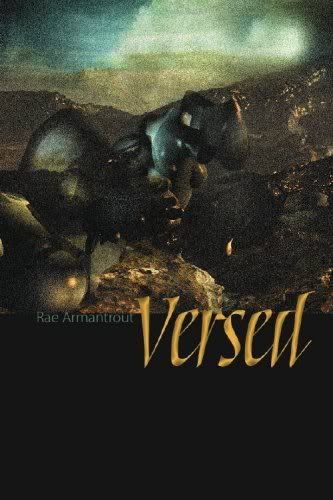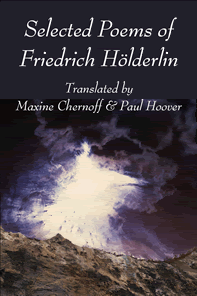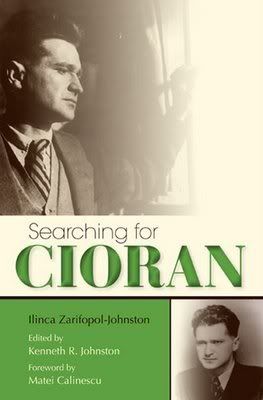A question put across on Livejournal about a week ago, in one of the communities meant to help listless users who might not otherwise be writing to overcome writers' block: "It’s the Day of German Unity, marking the 1990 reunification of East and West Germany. In our current period of global instability, do you ever feel nostalgic for the seeming simplicity of the Cold War?" The immediate answer: of course not! Mutually-assured destruction, the threat of Communist encroachment, Western jingoism, who would care to return to any of
that?
Yet analyze with rigor the idea of nostalgia, a subject on which Svetlana Boym writes eloquently, noting that the opposition between modern Russia and the West still holds currency there. (Or Andrew Meier, quoting a poll in
Black Earth: "43 percent of those queried yearned for the return of Revolution Day.") Nostalgia is not necessarily intended as a healthy emotion, one rooted in a stable grasp on the difference between here and there. It's also an emotion that erases these distinctions, that blurs earlier sensibilities and selves into the present, an impingement on the possibility of acting with reference to what's right around you.
And we find that this nostalgia persists. Taking into account something like the specific allure of
Eastern Promises. What
are the eastern promises exactly? The obvious answer would be the promises made to Tatiana, of a rich and successful life in England, escaping her home village - promises heartlessly broken as she's raped and drugged, turned into a teenage hooker, makes it out of her captivity and dies anyway. (The drugs, an interesting touch: heroin, an emblem of Western anomie deployed against a figure who rejected the same.)
But those promises aren't "Eastern," she'd have had to go west to get to England anyway. The eastern promises are those invoked through a scene like Viggo Mortensen's initiation into organized crime. Or the voyeuristic foray into a bathhouse that no one except cultural outsiders would ever want to patronize, or the restaurant where a creepily epicene figure sings a boisterous birthday anthem, untranslated in subtitles, to a decrepit old lady slumped at the head of the table. The promise of a region entirely outside Western sensibilities and mores, one which we can potentially access but which retains its impossible allure.
And yet the portrayal of this region is as a construct. Viggo went to great lengths for the sake of a convincing performance, but he's still Viggo Mortensen. Armin Mueller-Stahl is German. Tatiana is played by a French actress, Sarah-Jeanne Labrosse, but voiced by a girl who can more convincingly manage the accent. The crime family seems increasingly inflected by the culture of contemporary England, and beyond the scenes of impossibly exotic, sordid glamour - the warm temptation of the restaurant in the rain, a room that shifts into a distant outpost the minute it's assigned a new symbolic role - the specific markers of their own culture are almost put forth
post mortem. I watched the movie with some folks a few nights ago; my friend Rachel commented right after the opening scene of throat-slashing violence that it reminded her of
Sweeney Todd. Exactly! And Tatiana's ventriloquized diaries, heard through smothering layers of translation, cliche and subjective sensibility, reduced by Stepan to a series of abject keywords ("'prostitutsiya,' I think you can guess. I'm going to wash my hands").
Nostalgia is with us whether we like it or not. There's the widespread, baffling appeal of
Dr. Strangelove, a movie as dated and irritatingly lacking in cleverness as the worst comic productions of that period. No one could possibly watch this movie for the contrast, the relief it provides: they watch it for its vivid invocation of a time when imminent destruction
was a terror, when we could afford the sort of sour misanthropy that's the comic stock of the movie because the alternative, to internalize the possibility of this destruction in full, would be too nerve-wracking.
More nostalgia: the success of contemporary stories -
Jarhead and even
Three Kings, up against the failure of various Iraq War-era movies (the latter none of which, I'll admit, I've actually seen). Already exhausted, I want to answer that I feel this nostalgia, and so does everyone else - and more, that as Derrida points out, the subject of nostalgia remains with us. "Seeming simplicity" indeed.









